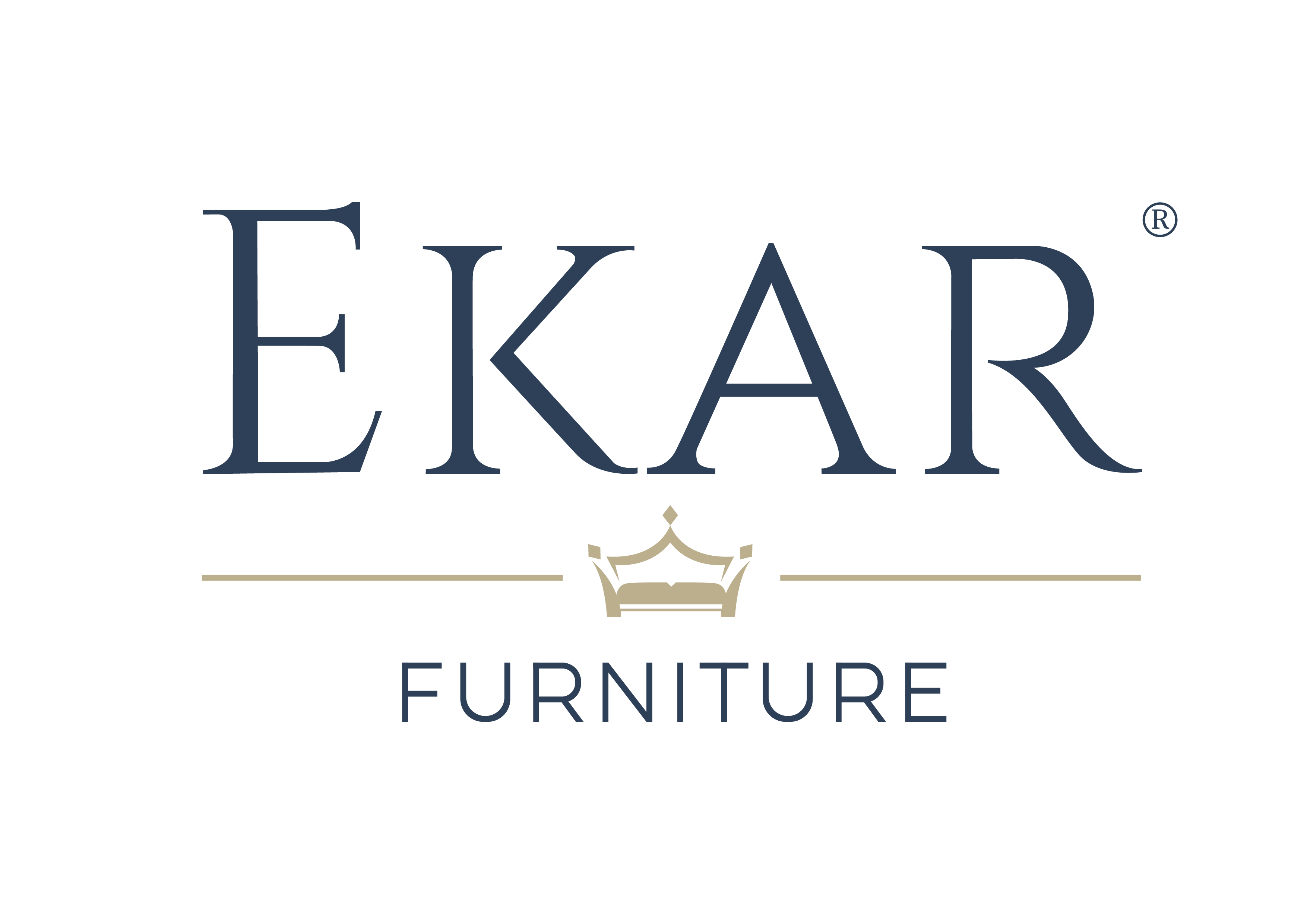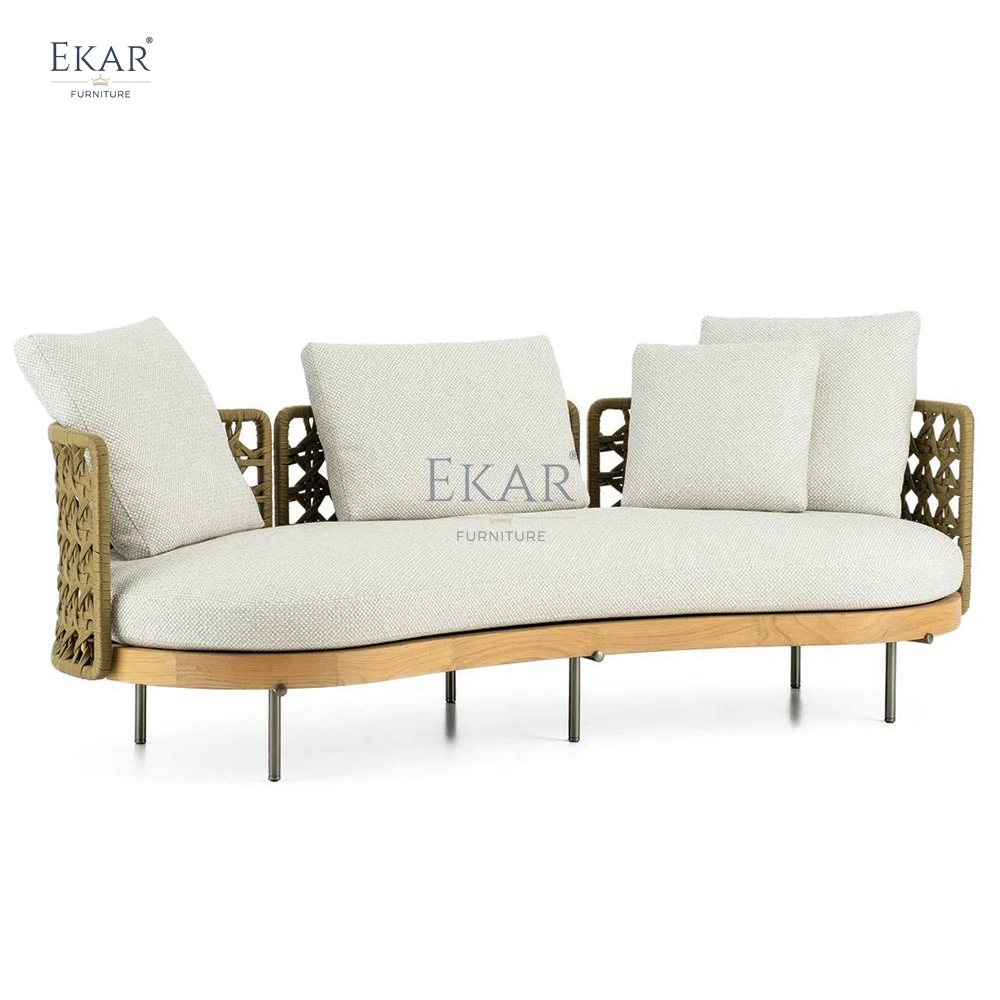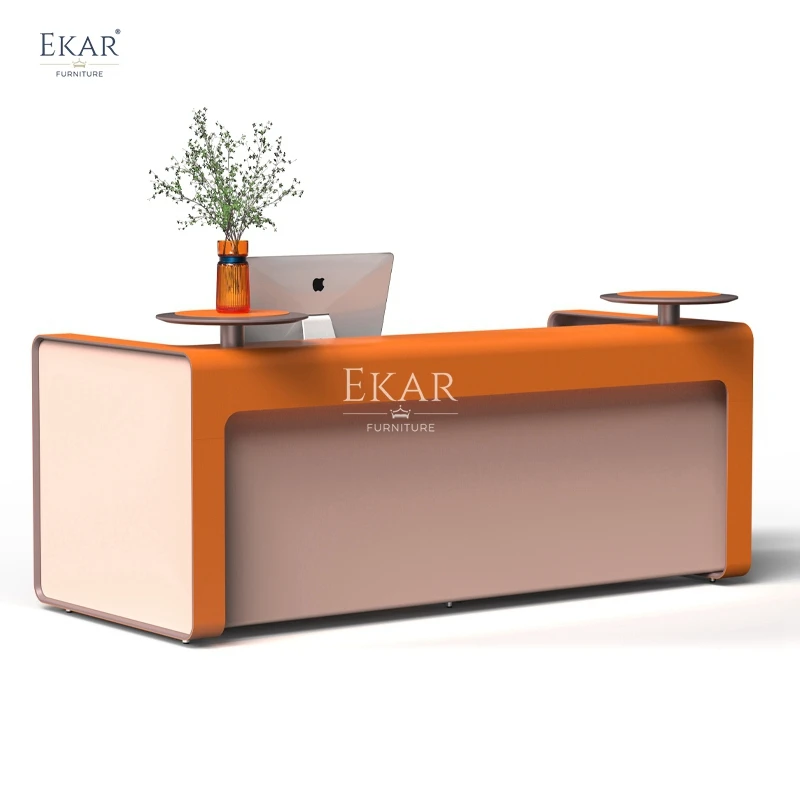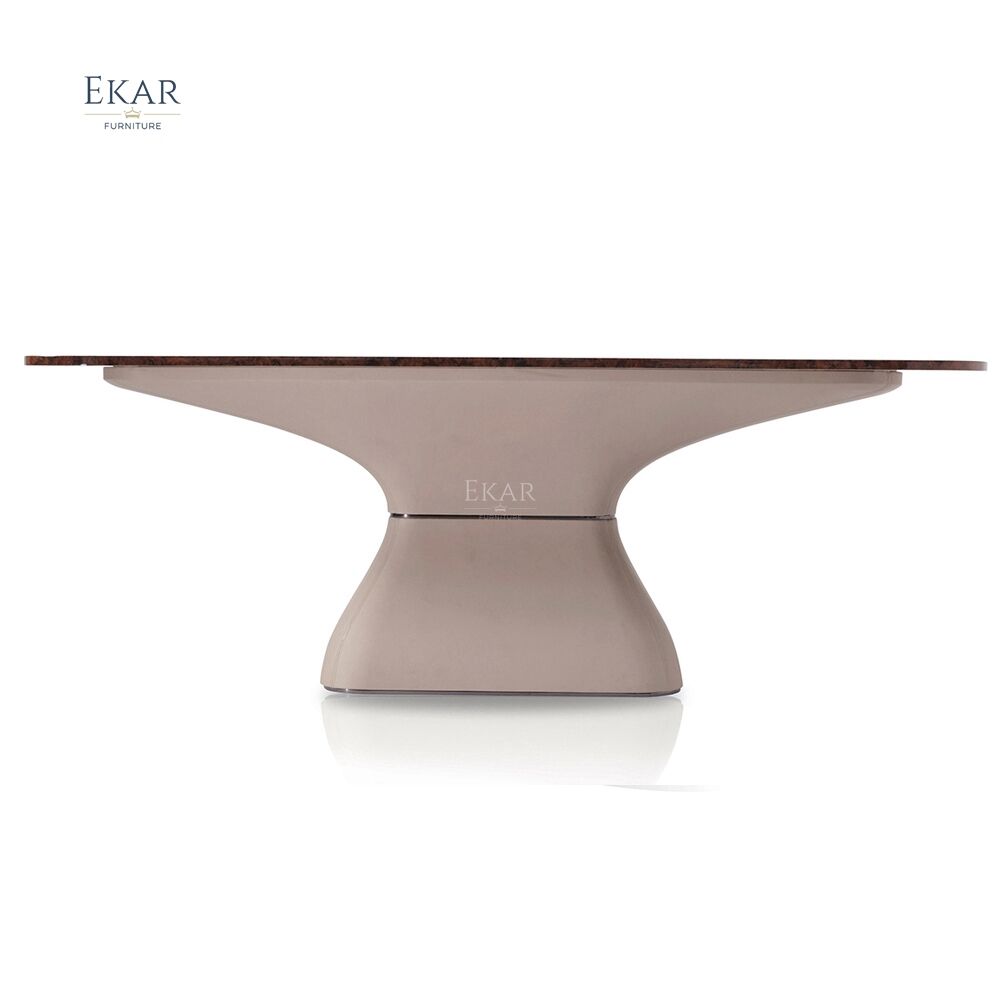
Customization in hotel furniture design allows hotels to offer personalized comfort tailored to guest preferences, significantly enhancing their experience. Studies indicate that personalized environments contribute to elevated guest satisfaction levels, offering them a customized retreat that resonates with personal tastes. Modular design plays a crucial role here, providing flexibility in room configurations to suit diverse guest needs—be it families seeking interconnected spaces or business travelers requiring functional work areas. The integration of smart technology within these designs further elevates guest comfort, offering conveniences such as adjustable lighting and climate control, creating a seamless and enjoyable stay.
Effective customization addresses space optimization, ensuring each room type accommodates both luxury and functionality. By implementing designs that emphasize layout efficiency, hotels can enhance flow and accessibility, a critical factor for properties where space is limited. Sophisticated design solutions enable hotels to transform their rooms into versatile spaces capable of serving multiple purposes, thereby optimizing their occupancy rates. These solutions not only maximize the spatial capacity but also ensure the aesthetic quality of the room is preserved while enhancing the hotel design efficiency.
Hotels that leverage customization can achieve a competitive edge by offering distinct and memorable guest experiences, setting themselves apart in the crowded hospitality landscape. Employing hotel furniture sales that focus on adaptability and style ensures that each guest's visit is unique and satisfying.
For more information on hotel furniture tailored to your needs, explore hotel furniture for sale.
Custom hotel furniture plays a crucial role in establishing brand identity and creating cohesive aesthetics across properties. Hotels that implement a unified design language through carefully selected furnishings are more recognizable and memorable, enhancing guest loyalty. Research shows that cohesive visual identities can significantly boost brand recognition, as guests associate the style and ambiance of the furniture with their overall experience. Moreover, using distinctive materials and color schemes in hotel furniture design can differentiate a hotel in the competitive market, setting it apart from competitors and elevating its market presence.
Incorporating local cultural elements into hotel furniture design can greatly enhance the guest experience by creating a genuine sense of place. By embedding cultural motifs and using local materials, hotels can tell a story that connects guests to the heritage and traditions of the area. This authenticity not only enriches the guest experience but also reflects the growing demand for unique and culturally inspired designs. As travelers increasingly seek experiences that reflect local cultures, integrating these elements not only attracts guests but also promotes a deeper connection with the destination. Such thoughtful designs can provide lasting impressions and contribute to the hotel's allure.
Outdoor furniture must endure varying weather conditions while also delivering comfort, making customization with weather-resistant materials vital. Current trends highlight that thoughtfully designed outdoor leisure areas increase guest satisfaction, encouraging prolonged visits. To achieve this, incorporating comfortable seating solutions, such as modern outdoor sofas, enhances social interaction among guests and elevates the overall functionality and appeal of leisure spaces.

The reception desk is the initial point of contact for guests, making its customized design pivotal for projecting a strong brand image. Investing in innovative and contemporary designs enables hotels to communicate an upscale and high-quality brand identity that resonates with guests. Additionally, creating functional and aesthetically pleasing reception areas can smoothen check-in processes, significantly boosting guest satisfaction and enhancing their overall experience.

In hotel dining spaces, a balance of aesthetics and durability is essential, which is why materials like titanium and wood are ideal, merging luxury with strength. Custom dining tables offer unique design elements that cater to an upscale dining experience, attracting discerning guests. Research indicates that well-designed dining areas can substantially enhance guest expenditure in food and beverages during their stay, making investment in quality dining furniture a worthwhile consideration for hoteliers.

Utilizing commercial-grade materials in hotel furniture is pivotal for ensuring durability in high-traffic areas. These materials are specifically designed to withstand significant wear and tear, making them essential for hotels aiming to maintain a pristine appearance amid frequent use. Evidence suggests that hotels incorporating durable furniture experience reduced replacement costs and improved guest satisfaction, highlighting the long-term economic benefits. Moreover, a commitment to quality through robust materials reflects a hotel's dedication to excellence, enhancing its reputation within the hospitality industry and positioning it as a leader in providing a superior guest experience.
Sustainable design in hotel furniture is becoming increasingly significant, with eco-friendly manufacturing practices influencing guests' choice of accommodation. As environmental consciousness among travelers grows, hotels adopting sustainable practices attract a burgeoning demographic of eco-conscious guests. Statistics reveal that hotels committed to sustainability often see a rise in occupancy rates and guest loyalty. By showcasing a commitment to the environment, hotels not only contribute to a healthier planet but also align themselves with a value-driven market, enhancing their brand image and ensuring a competitive edge in the hospitality industry.